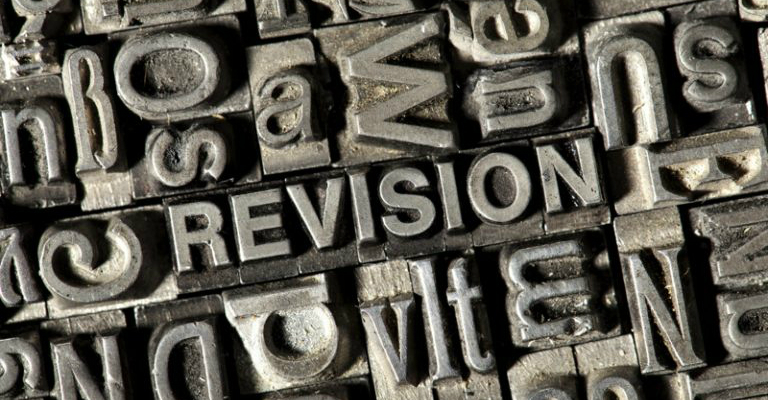Exams can be stressful, and we’re all familiar with that image of a straight A student sitting at their desk night and day, day and night… But is non-stop swotting really going to help you do your best? Here are 3 revision myths to watch out for.
Revision Myth Number 1: ‘The more time you spend revising, the better you’ll do.’
Not true. The more time you spend taking in information and learning how to use it to answer exam questions, the better you’ll do. This, however, is not the same as sitting at your desk staring at your notes, and can’t be done all day. Taking breaks is actually necessary in order for your brain to function properly; a tired brain can mindlessly stare at notes, but it can’t really process and use information. So don’t simply spend as much time as possible revising, work out how long you can concentrate for in one go, and take breaks between revision sessions.
Revision Myth Number 2: ‘Revision has to be done at your desk.’
Not true. Scientists have found that we work more effectively when we alter our study routines, and don’t spend all day in one place. On top of that, our brains can’t function properly if we don’t get some exercise, and you can actually exercise and revise at the same time! Record yourself listing the key dates in the Second World War, or conjugating Spanish verbs, and listen to your recording while you go for a run or a walk. Look for podcasts about the topics you’re studying: the In Our Time podcast can be a great resource for English or History topics, and the Journal en français facile can be a very worthwhile way to revise French.
Revision Myth Number 3: ‘You have to make notes and re-read them before attempting past papers.’
Not true. Re-reading notes can make you feel like you know more than you do, because the material you’re re-reading starts to look familiar. Attempting past papers, however, tests you on the information you’re learning, and the effort you put into trying to remember information helps to store information in your long-term memory. Testing yourself also helps you find out where you need to put in more work, and where you’re good to go.
So, make your revision as active as possible – physically and mentally – and remember, that person who did no revision at all and still got 10 As in his GCSEs – yeah, he’s a myth too.
Written by Anna T.




